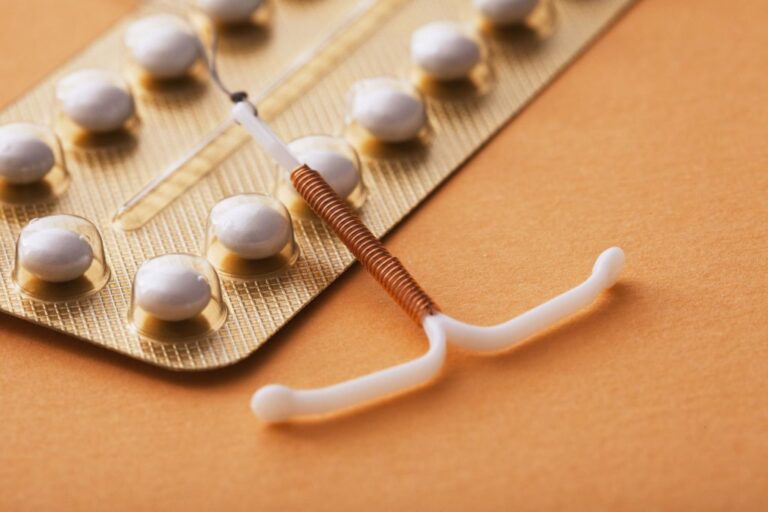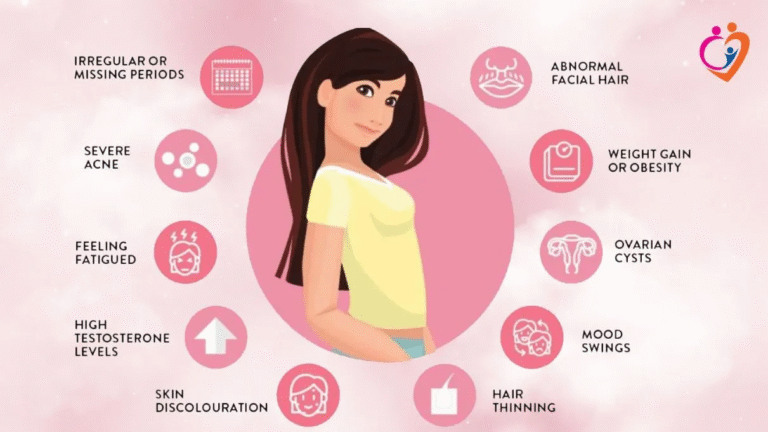5 Myths About Menstrual Health You Need to Stop Believing
Menstrual health is a vital aspect of overall well-being, but for many, it remains shrouded in myths and misconceptions. Society has long spread false information about menstruation, which can lead to confusion, shame, and even poor health choices. The truth is, menstrual health should be discussed openly, and these common myths need to be debunked. Let’s set the record straight and stop believing the five most pervasive myths about menstrual health.
1. Myth: Menstruation is Unclean and Should Be Hidden
One of the most harmful myths surrounding menstruation is the belief that it is inherently unclean or something to be ashamed of. This stigma has been passed down for generations, but it’s time to debunk it. Menstruation is a completely natural biological process, and it is not something that should be hidden or treated with shame. In fact, periods are a sign of a healthy reproductive system. By normalizing menstruation and having open conversations about it, we can remove the stigma and foster a more inclusive and supportive environment.
2. Myth: You Can’t Get Pregnant During Your Period
Another widely believed myth is that women cannot get pregnant during their period. While it is less likely, it is still possible to get pregnant during menstruation. Sperm can live inside the female reproductive system for up to five days, and if a woman ovulates soon after her period, the sperm may still be viable when the egg is released. This is why it is essential to use contraception consistently, regardless of the timing of your menstrual cycle, if you’re sexually active and want to prevent pregnancy.
3. Myth: Periods Should Always Be Regular
It’s common to hear people say that menstrual cycles should always be regular and predictable. However, this is a misconception. While many women do have regular cycles, it is completely normal for periods to vary in length and timing. Factors such as stress, diet, exercise, illness, or even travel can disrupt your cycle. In fact, many women experience irregular periods at some point in their lives, and it’s not always a sign of a health problem. However, if your period becomes consistently irregular or you miss periods for an extended time, it’s a good idea to consult a healthcare provider to rule out any underlying issues.
4. Myth: Menstrual Cramps Are Normal and Something You Have to Endure
While many women experience cramps during their period, the idea that they are a normal part of menstruation that must be endured is a harmful myth. Severe menstrual cramps, known as dysmenorrhea, can be debilitating and affect daily life. If cramps are significantly affecting your ability to function, it could be a sign of an underlying issue such as endometriosis or fibroids. There are numerous treatments available to help alleviate menstrual pain, from over-the-counter pain relievers to hormonal birth control or other medical options. Don’t suffer in silence—seek advice from your healthcare provider if cramps are severely affecting your quality of life.
5. Myth: You Can’t Exercise During Your Period
Many people believe that menstruation means women need to avoid exercise or intense physical activity. This myth could not be further from the truth! In fact, exercising during your period can help reduce bloating, alleviate cramps, and boost your mood. Activities like walking, yoga, or swimming are excellent choices during menstruation, as they promote circulation and help manage pain. Of course, it’s important to listen to your body—if you feel too fatigued or uncomfortable, it’s okay to take a rest day. But generally, staying active during your period is not only safe but beneficial to your overall health.
Conclusion
Menstrual health is an essential part of a woman’s overall well-being, and breaking the myths surrounding it can improve the quality of life for many. Understanding that menstruation is a natural, normal part of life, that periods can vary from person to person, and that pain is not something you have to endure in silence are just a few of the important truths that need to be acknowledged. By debunking these myths, we can create a more informed and empowered conversation about menstrual health, helping women take control of their bodies and make decisions based on accurate information. Let’s stop the spread of misinformation and embrace the facts about menstrual health.







